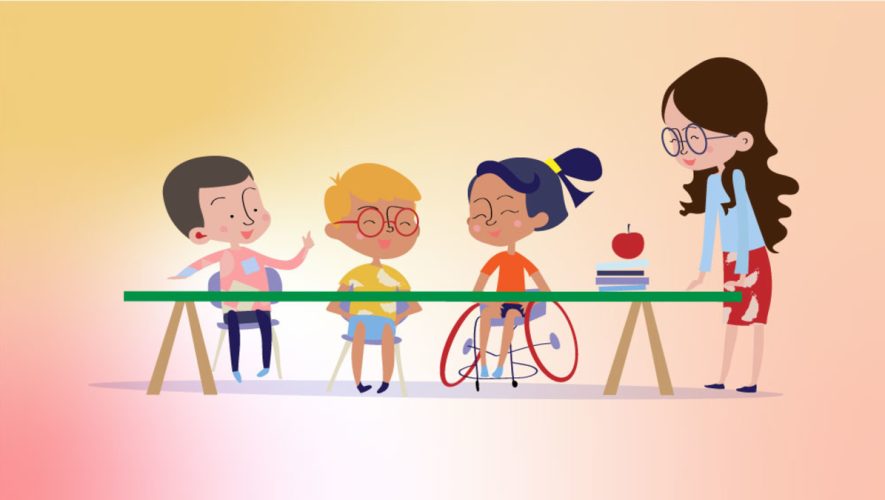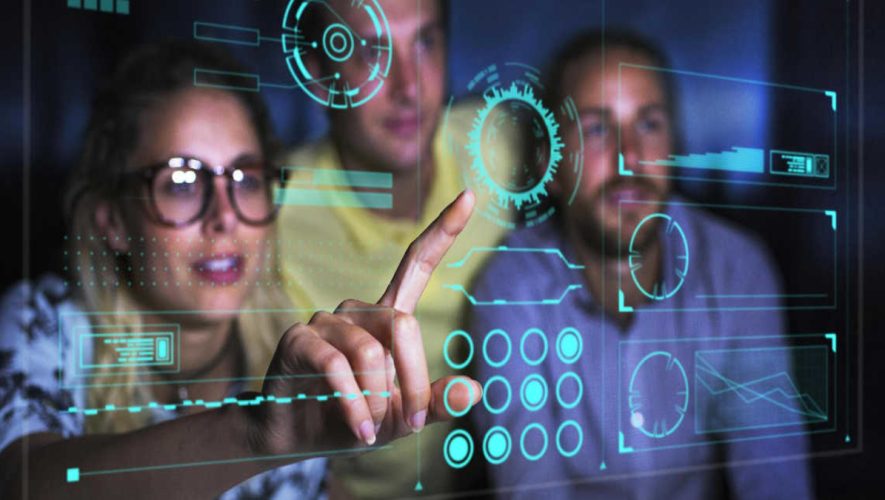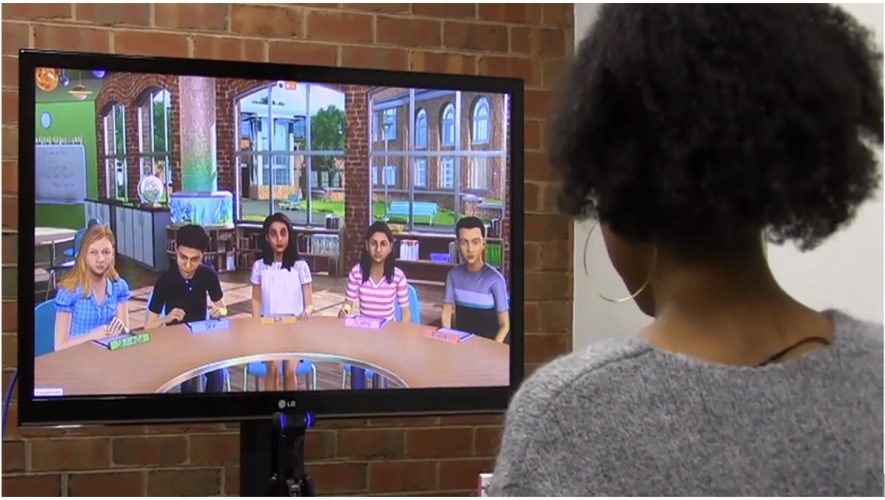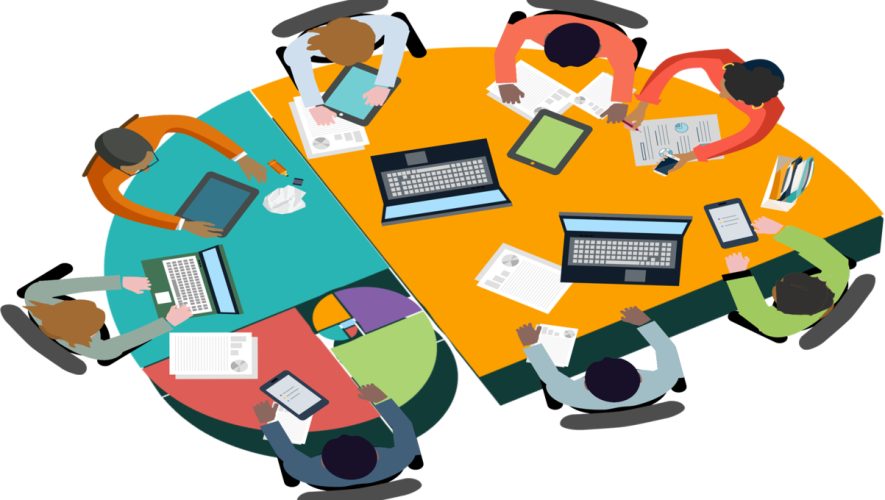
Madaris in Pakistan
In Pakistan, the madaris are based on sect, and every sect has its own madrassa network that is controlled by a board or Wafaq. Every board has its own system of education and they hold annual exams and distribute certificates among students. There are five madrassa boards or wafaqs in Pakistan, and they are also […]









